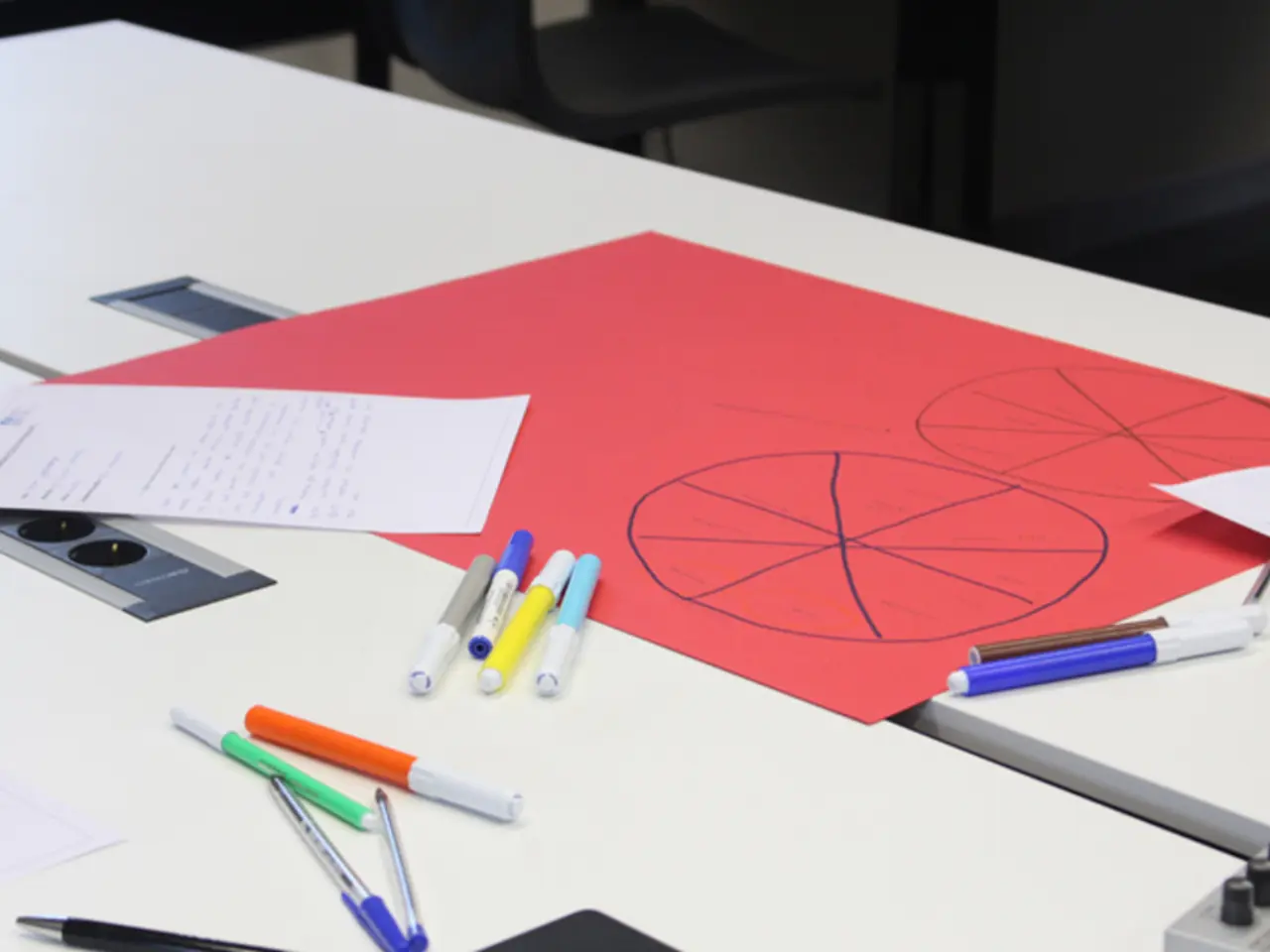Decline in Cognitive Abilities Goes Unnoticed and Unaddressed by All
Modern life, with its increased use of technology, disrupted sleep patterns, and sedentary lifestyles, is contributing to a decline in cognitive resilience, attention, and mental agility across generations. This decline, often subtle and gradual, can lead to significant damage if left unchecked.
One of the primary culprits is the widespread use of digital devices, which often leads to excessive screen time, especially before bedtime. This disrupts our circadian rhythms, causing poor sleep, a known factor linked to depression and impaired cognitive function. Moreover, digital technology encourages sedentary behavior, reducing physical activity essential for maintaining cognitive vitality.
However, there is hope. Evidence-based lifestyle modifications, combined with cognitive and physical training, personalized digital support, and metabolic interventions, offer viable paths to counteract these effects.
Prioritizing sleep is crucial. Feeding the brain with whole foods, healthy fats, and micronutrients, moving often, limiting screen time, practicing focus, and supplementing wisely can help reclaim cognitive vitality.
Multidomain interventions, combining cognitive training and physical activity, have demonstrated improved executive function, memory, processing speed, and brain structure preservation, surpassing single-domain approaches. Digital health applications providing tailored, timely behavioral support—just-in-time adaptive interventions (JITAIs)—show promise in sustaining cognitive health through personalized strategies.
Metabolic strategies like caloric restriction and ketogenic diets have neuroprotective effects, suggesting a role for dietary approaches in cognitive health preservation.
The modern diet, rich in calories but poor in brain-supportive nutrients, is another concern. Millions sacrifice sleep for more screen time, leading to poor focus, mood swings, and slower recall. Education systems now compress curricula, prioritize testing, and dominate screen-based learning, leading to struggles in retaining complex material.
Employers report difficulty finding workers who can concentrate deeply or adapt quickly, and educators see more students struggling to focus for short periods. Burnout leads to cognitive dulling, reduced problem-solving ability, and emotional dysregulation.
However, with better habits, renewed priorities, and brain-supportive tools, cognitive decline can be reversed. This decline is not limited to IQ scores but includes working memory, sustained attention, processing speed, and core mental skills.
Chronic stress, a common issue in today's fast-paced world, shrinks the hippocampus and impairs the prefrontal cortex. Creativity, a vital aspect of cognitive function, is becoming rare due to fewer quiet spaces and more algorithmic influence. Endless scrolling activates the brain's novelty-seeking circuits, providing dopamine hits without encouraging learning, memory formation, or insight.
The decline of long-form thinking is a concern, as practices like reading novels, engaging in long conversations, or writing essays build sustained attention and abstract reasoning. As we navigate this digital age, it's essential to prioritise these activities to maintain our cognitive abilities.
Many people may be undernourished in nutrients essential for brain health, even if they are not underweight. Supplements are being considered as a means of providing cognitive insurance to counteract the effects of a nutrient-poor diet.
In conclusion, while modern life presents challenges to cognitive resilience, evidence-based lifestyle modifications, combined with cognitive and physical training, personalized digital support, and metabolic interventions, offer viable paths to counteract these effects. By adopting these strategies, we can strive for clarity, resilience, and brilliance in the digital age.
- The increased use of technology in modern life is contributing to a decline in cognitive resilience, attention, and mental agility.
- One of the primary causes of this decline is excessive screen time, particularly before bedtime, which disrupts our sleep patterns.
- Another factor is the encouragement of sedentary behavior by digital technology, which reduces physical activity essential for cognitive vitality.
- Prioritizing sleep, feeding the brain with whole foods, healthy fats, and micronutrients, moving often, limiting screen time, practicing focus, and supplementing wisely can help reclaim cognitive vitality.
- Multidomain interventions combining cognitive training and physical activity have demonstrated improved executive function, memory, processing speed, and brain structure preservation.
- Digital health applications providing tailored, timely behavioral support show promise in sustaining cognitive health through personalized strategies.
- The modern diet, rich in calories but poor in brain-supportive nutrients, is another concern, leading to poor focus, mood swings, and slower recall.
- Chronic stress shrinks the hippocampus and impairs the prefrontal cortex, while creativity becomes rare due to fewer quiet spaces and more algorithmic influence.
- Many people may be undernourished in nutrients essential for brain health, even if they are not underweight, making supplements a potential means of providing cognitive insurance.
- The decline of long-form thinking is a concern, as activities like reading novels, engaging in long conversations, or writing essays build sustained attention and abstract reasoning.
- By adopting evidence-based lifestyle modifications, cognitive and physical training, personalized digital support, and metabolic interventions, we can strive for clarity, resilience, and brilliance in the digital age.




